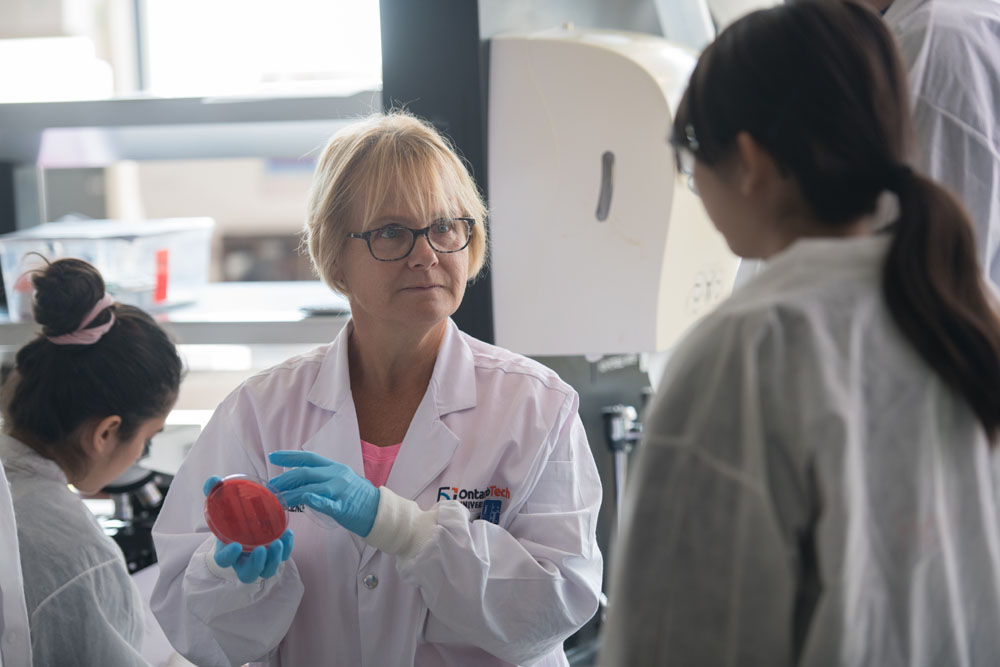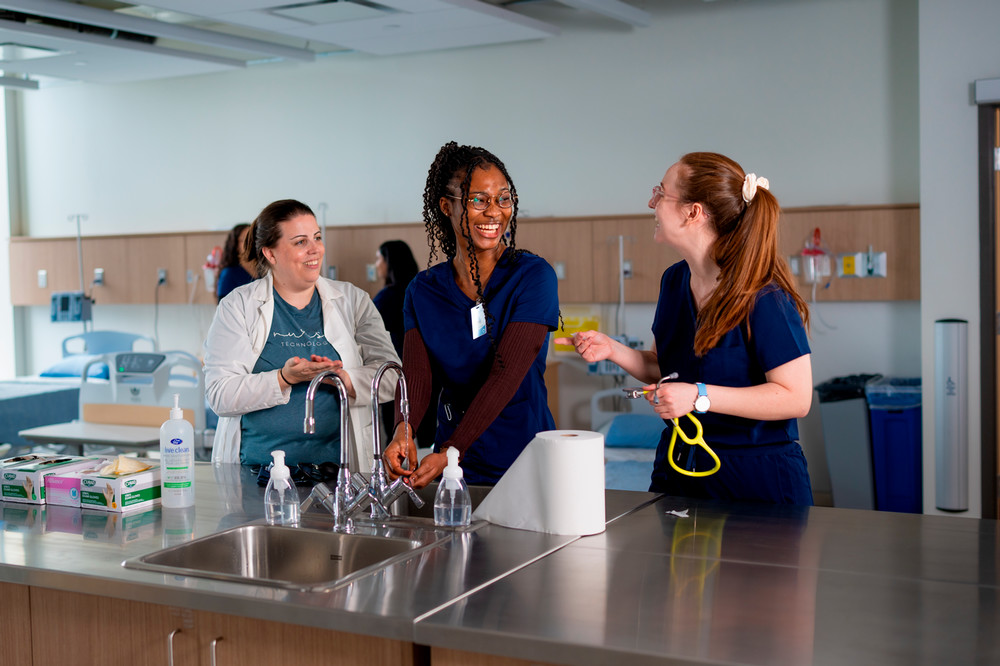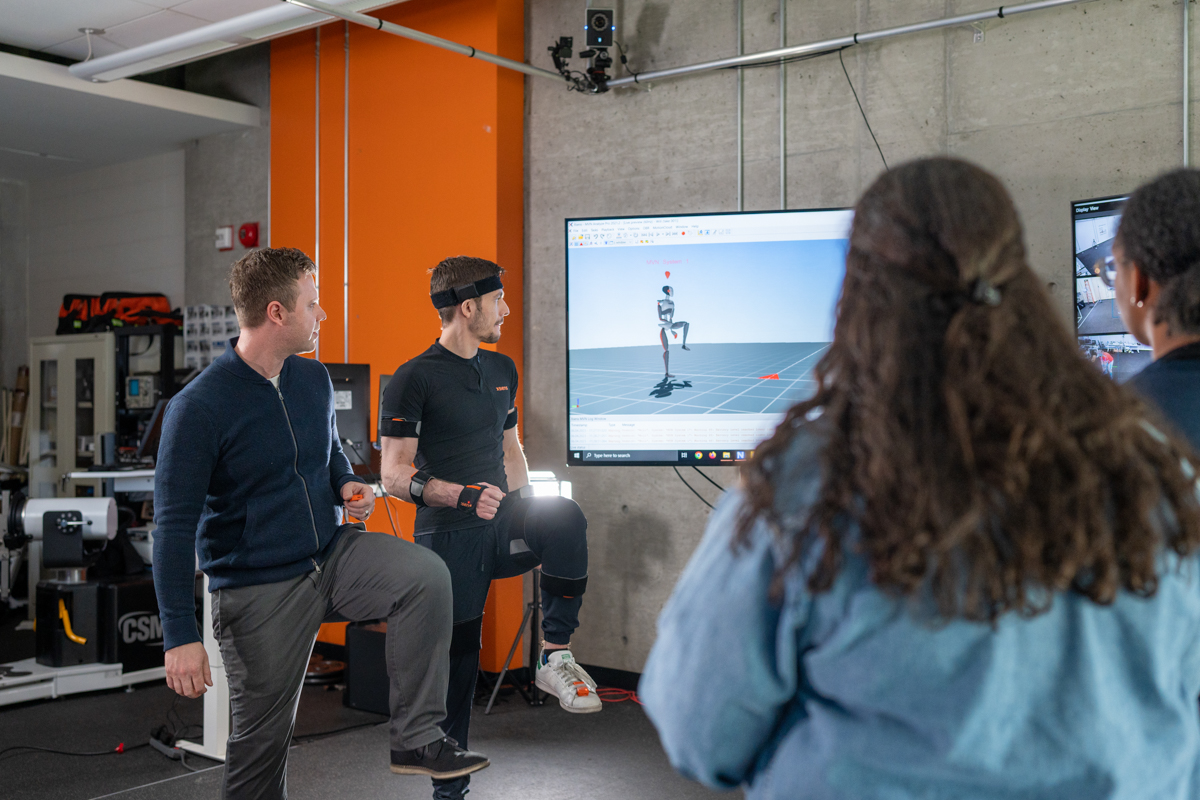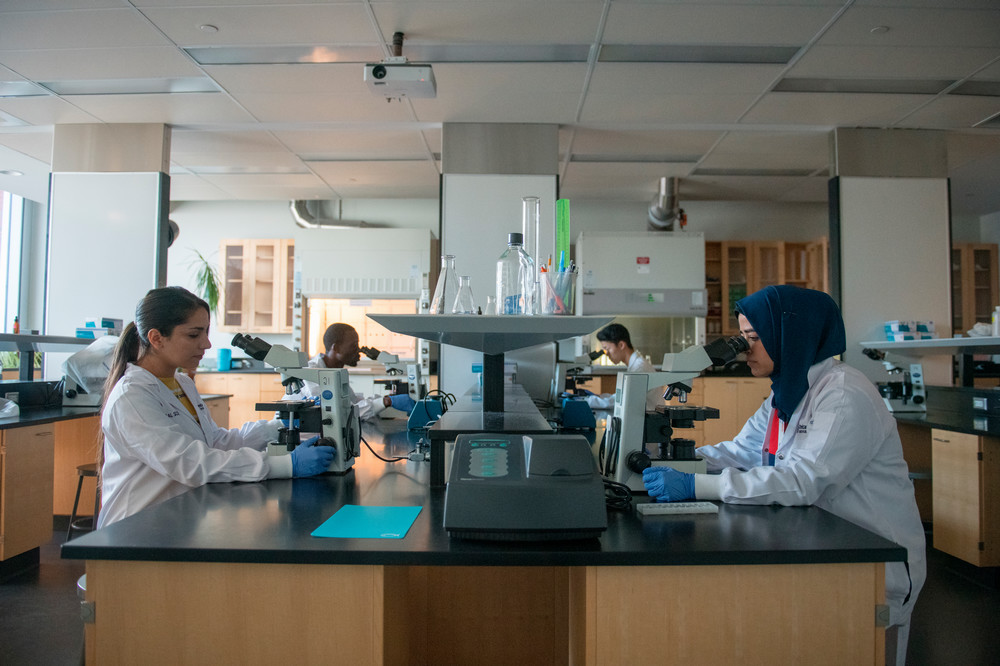Nursing - Second Entry
Overview
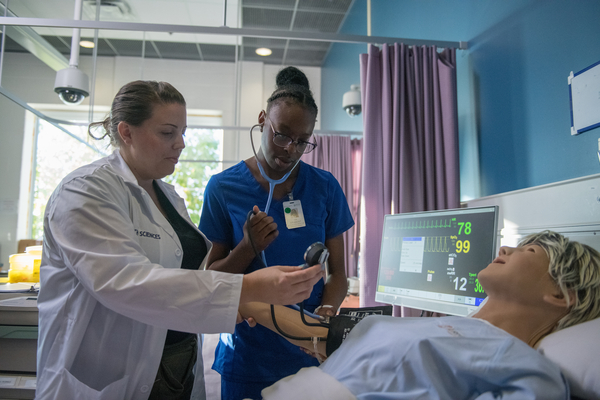 With learning that is concept-based, competency-driven and technology focused, this degree will prepare graduates to meet the challenges of current and future Registered Nursing practice requirements.
With learning that is concept-based, competency-driven and technology focused, this degree will prepare graduates to meet the challenges of current and future Registered Nursing practice requirements. Our Second Entry Nursing program enables learners to complete a BScN in two years. Entering with a minimum of 60 earned university credit hours and defined pre-requisites, students will earn an additional 90 credit hours over six consecutive terms. Learning will take place in hybrid format for theory courses, with lab, simulation and practicum experiences throughout the program. With a Strengths Based (Gottlieb, 2017) program philosophy, and a curriculum that is concept-based, competency-driven and technology focused, this degree will prepare you to meet the challenges of current and future Registered Nursing practice requirements. Focusing on practice-ready graduates, you will have the opportunity to earn microcredentials in specialized nursing knowledge and skills as they progress through the program of study.
This program will not be offered in 2026. Please check back for future updates.
Admissions
Admissions
- Successful completion of at least 60 credit hours at a recognized university prior to admission
- Overall average of 3.0 (B) or better on a 4-point scale (or equivalent) and a 3.3 (B+) or better on a 4-point scale (or equivalent) in the last year of study (or last 30 credit hours)
- The 60 credit hours must include the following:
- 6.0 credit hours in Psychology* (Psychology Statistics and Research Methods do not fulfill this requirement)
- 6.0 credit hours in Human Anatomy and Physiology, OR 3.0 credit hours in Human Anatomy and 3.0 credit hours in Human Physiology
- 3.0 credit hours in Statistics
- 3.0 credit hours in Microbiology
- Note: Each prerequisite course must be completed with a grade of B or better
- Note: Prerequisite courses must be taken within 10 years of the year seeking admission
For applicants applying with only 60 credit hours, no more than 30 credit hours may be at the introductory level (equivalent to courses numbered 1000 to 1999 at Â鶹ÊÓƵ).
Applicants with university preparation outside of North America must submit a course-by course evaluation through the World Education Services (WES). For more information, please consult the following: International documents.
Transfer credits are not awarded for any nursing courses.
Applicants who have already completed a nursing program (diploma RN or PN) will not be considered due to curriculum requirements. All education must be disclosed at the time of application.
Note: Meeting the minimum requirements outlined above does not ensure admission into the program.
•
•
Career opportunities
- Registered nurse
- Health administration and management
- Health and clinical data analysis
- Health policy and promotion
Experiential learning
With the Nursing program's strong clinical focus, you have opportunities each year to develop your nursing skills and knowledge in the finest hospitals and agencies in the region through clinical placements.
Clinical placements are a core component in each year of the Nursing program, starting from the first year of studies. Students appreciate and embrace the opportunity to apply their learning in a clinical setting. They are committed to becoming leaders in health-care delivery. They recognize the necessity and importance of working with trained professionals and their patients to enhance their knowledge and further their own skills and professional development.

